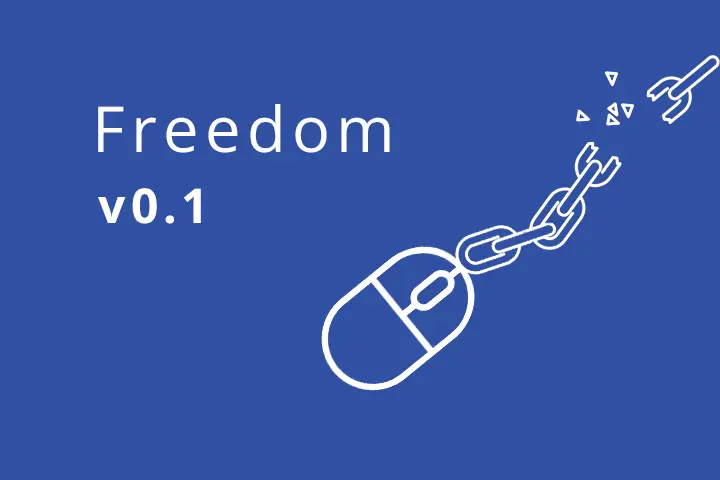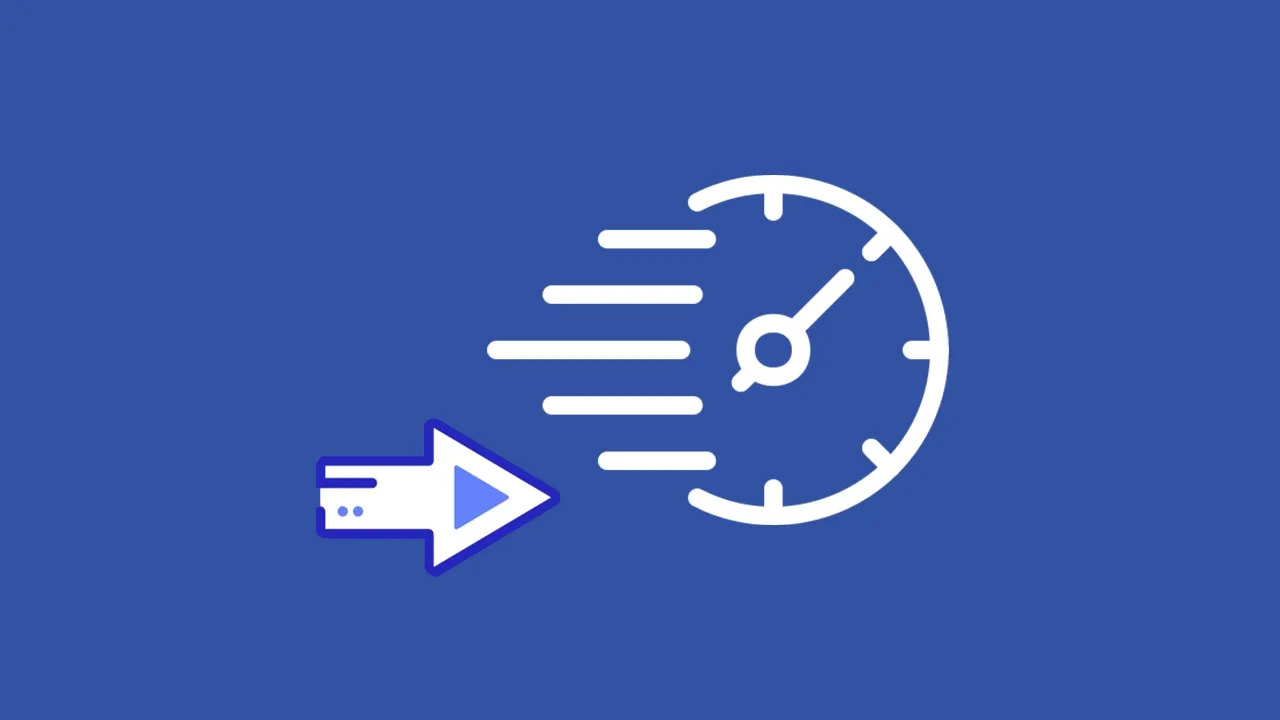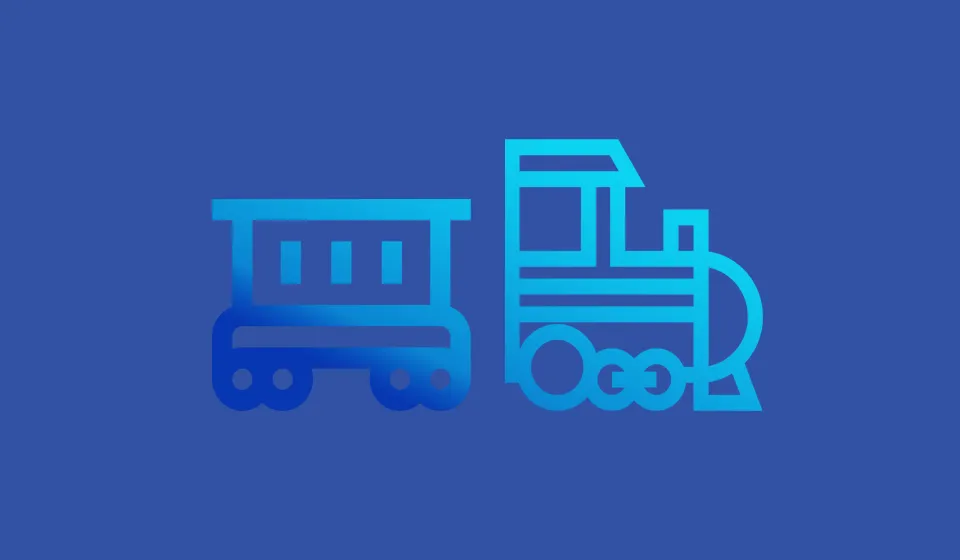Last week I had a chance to leave my apartment and see the outer world, by visiting several cities.
This travel was a test for a remote work. But also helped to see how limited I'm passing the time without seeing something interesting. Just because thinking that's needed to work all the time, and there's no time for other activities.
My initial idea was to setup my two main workstations for a remote work, and use my old notebook for connecting remotely via AnyDesk. (Teamviewer analog)
As soon the travel has started - everything looked perfect. Until we started to move across the fields and faraway, without noticeable signs of life and signs of the mobile internet connection. Additionally, very soon my laptop battery hit the lowest levels, and I've closed it.
I've decided, well even if I don't have the internet and a computer, I can still work, by typing out some ideas to my mobile with a portable keyboard Targus.
After several days one workstation turned off for some reason, and even due to the setting of turning ON (in BIOS) it wasn't reacting and as a result I was working just on my second computer. I've created the copy of working folder and everything was available. I just thinking now that it could be better to move all information to the NAS with an access to the internet. But it requires some time and money for setting everything properly. It's all in the future. But definitely i should make some conclusions about it.
I've even managed to finish one project during evening times in this one-week vacation, have seen interesting places, and went back to my city.
Everything looked the same as it was before. But it felt like everything changed for me. I was happy and excited, completely recharged my energy and ready for new beginnings. Started the work, made several projects, and next day when was saving the project and cleaning up my After Effects cache got a bluescreen and reboot. After that one of two disks that were in Raid0 has died. System was not recognizing it and during the next several days I was hoping and trying to recover the system and data that was on this Raid.
Later I've decided that the only variant was just to reinstall the new system, and to continue the work as it is.
After checking the data that was stored on my second workstation, I've found that this 2-month-old raid didn't have anything so valuable as it might looked at the beginning. But still it was a huge demoralizing factor for me so, it was needed some time to return to normal mental state. A little lesson for more serious organization of data storage, and keeping the files in the right place. Learning the types of raids helped to understand which hardware is better to use. I mean cheaper but still efficient. Everyone is making such decisions by their own. But as for motion designer needs, I've defined some parameters that are important to use for building the storage.
So, my initial setup was 2 NVMEs in raid0, it was providing
13000 Mbps of read and write speed, 4tb disk space
and none redundancy - everything lost when one disk has died.
in this case it was possible to do raid 1 option.
speed is 2 times less but one disk is still having all the data and could be still usable system - and it's at least 1-3 days of saved time. which is important, when you have some ongoing project.
so, it's totally worth it to buy another disk and forget about unexpected situations somewhere in the future.
I was sure in NVMes because another setup was working without any issues for 2 last years. I was thinking that even if there will appear some bad segments - I'll be able to recovered them. It didn't happen.
Other options are Raid5 and Raid 10 - Raid 10 has more read speed and can recover the data if one disk dies. But it's needed at least 4 disks for this setup. So 4x1Tb or 4x500gb is the minimum option in this case.
You can create a disk iso image, and other things to protect the system and recover it from some previous time, but it's not the right solution. It takes more time and add a headache.
NAS - with SSDs on NVME, or even with cheap HDDs is also a good option, especially if you can use it via firewire. But it's just for storing footages and some projects, which are not so big in motion designers, as in video editors for example. But still a thing to consider.
Remote work requires an organizing of the overall workflow. But sometimes it's saves for losing the data completely, like in my case. If I was smarter earlier, then probably I could prevent this by spending just a little more money on buying additional disks and planning the backups schedule. But it is how it is. Before we hit hard there will be no reason to think about other variants. Project organization, folder structure, cleaning, setting up hardware and backups are also a part of the motion design work. But still, it's a path to the freedom and more comfortable creative environment.
Stay well and add to that a bit of luck.
Subscribe to read the next post exactly that moment when it will be created.





Comments